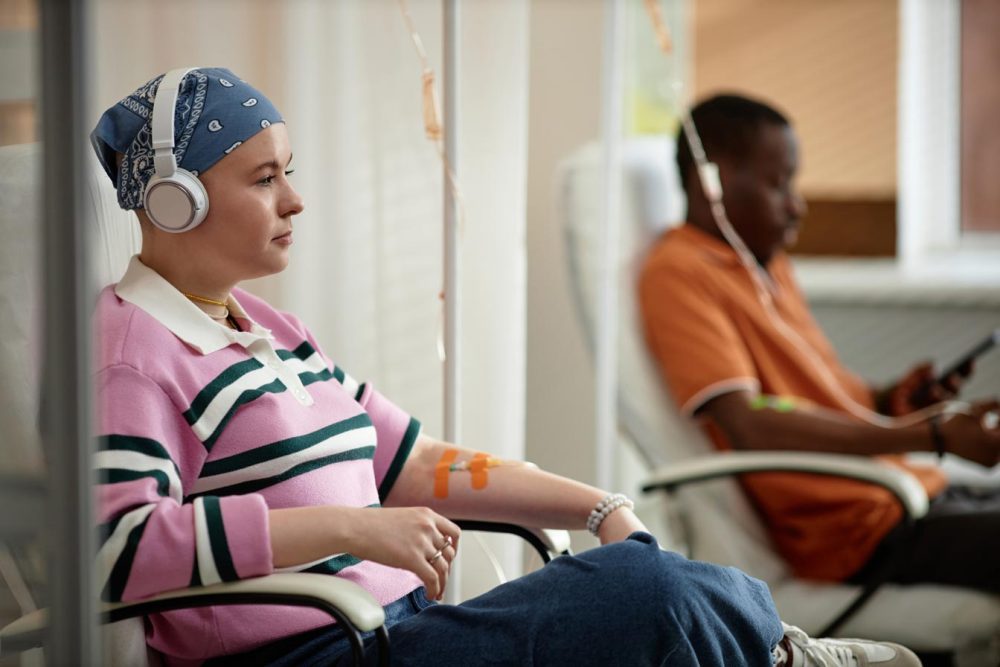Advertisment
Truqap (capivasertib) + Faslodex (fulvestrant) approved in Japan for patients with advanced HR-positive breast cancer – AstraZeneca

AstraZeneca’s Truqap (capivasertib) in combination with Faslodex (fulvestrant) has been approved in Japan for the treatment of adult patients with unresectable or recurrent PIK3CA, AKT1, or PTEN-altered hormone receptor (HR)-positive, HER2-negative breast cancer following progression after treatment with endocrine therapy .
The approval by the Japanese Ministry of Health, Labour, and Welfare (MHLW) was based on the results from the CAPItello-291 Phase III trial published in The New England Journal of Medicine.(previously cited). In the trial, Truqap in combination with Faslodex reduced the risk of disease progression or death by 50% versus Faslodex alone in patients with tumours harbouring PI3K/AKT pathway biomarker alterations (based on hazard ratio of 0.50, 95% confidence interval 0.38-0.65; p=<0.001; median progression-free survival (PFS) 7.3 versus 3.1 months).
In Japan, more than 90,000 women were diagnosed with breast cancer in 2022, and more than 17,000 patients died from the disease in the same year. Globally, HR-positive breast cancer (expressing estrogen or progesterone receptors, or both), is the most common breast cancer subtype, with more than 65% of tumours considered HR-positive and HER2-low or HER2-negative. Collectively, mutations in PIK3CA, AKT1 and alterations in PTEN occur frequently, affecting approximately 50% of patients with advanced HR-positive breast cancer. Endocrine therapies are widely used in this setting, often in combination with cyclin-dependent kinase (CDK) 4/6 inhibitors, but some tumours develop resistance to these therapies, underscoring the need for additional combination approaches with endocrine therapy to extend time before the initiation of chemotherapy.
Masakazu Toi, MD, PHD, Director of Tokyo Metropolitan Cancer and Infectious Diseases Center, Komagome Hospital, Japan said: “The approval of capivasertib and fulvestrant signifies a new era of care in advanced hormone receptor-positive breast cancer in Japan, providing a much-needed new treatment option for approximately half of patients in this setting who have tumours harbouring mutations in PIK3CA, AKT1 or alterations in PTEN. It is important for us to detect these specific tumour biomarker alterations in each patient we see, so that they are potentially able to benefit from this important combination to extend the effectiveness of endocrine-based treatment and delay disease progression.





